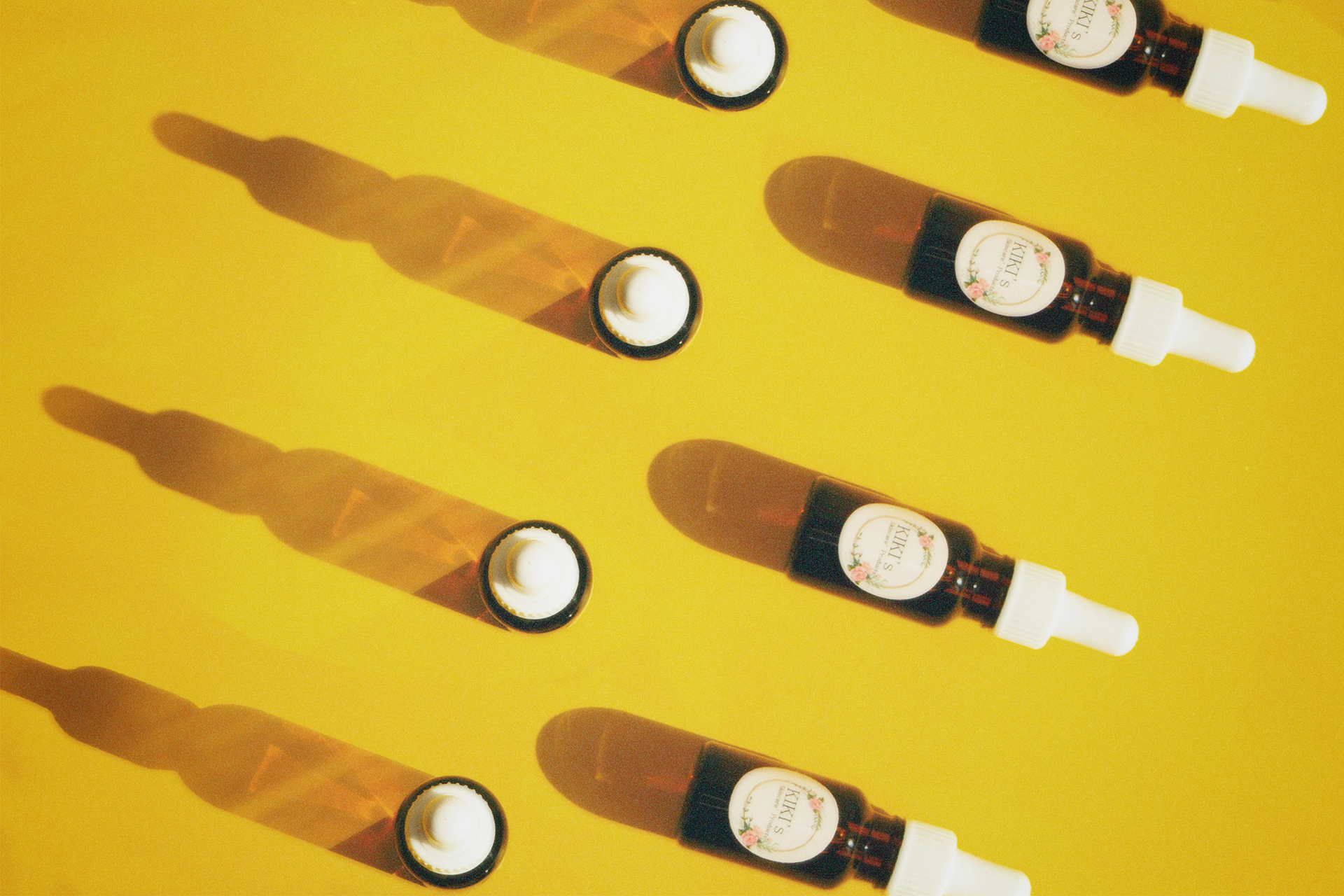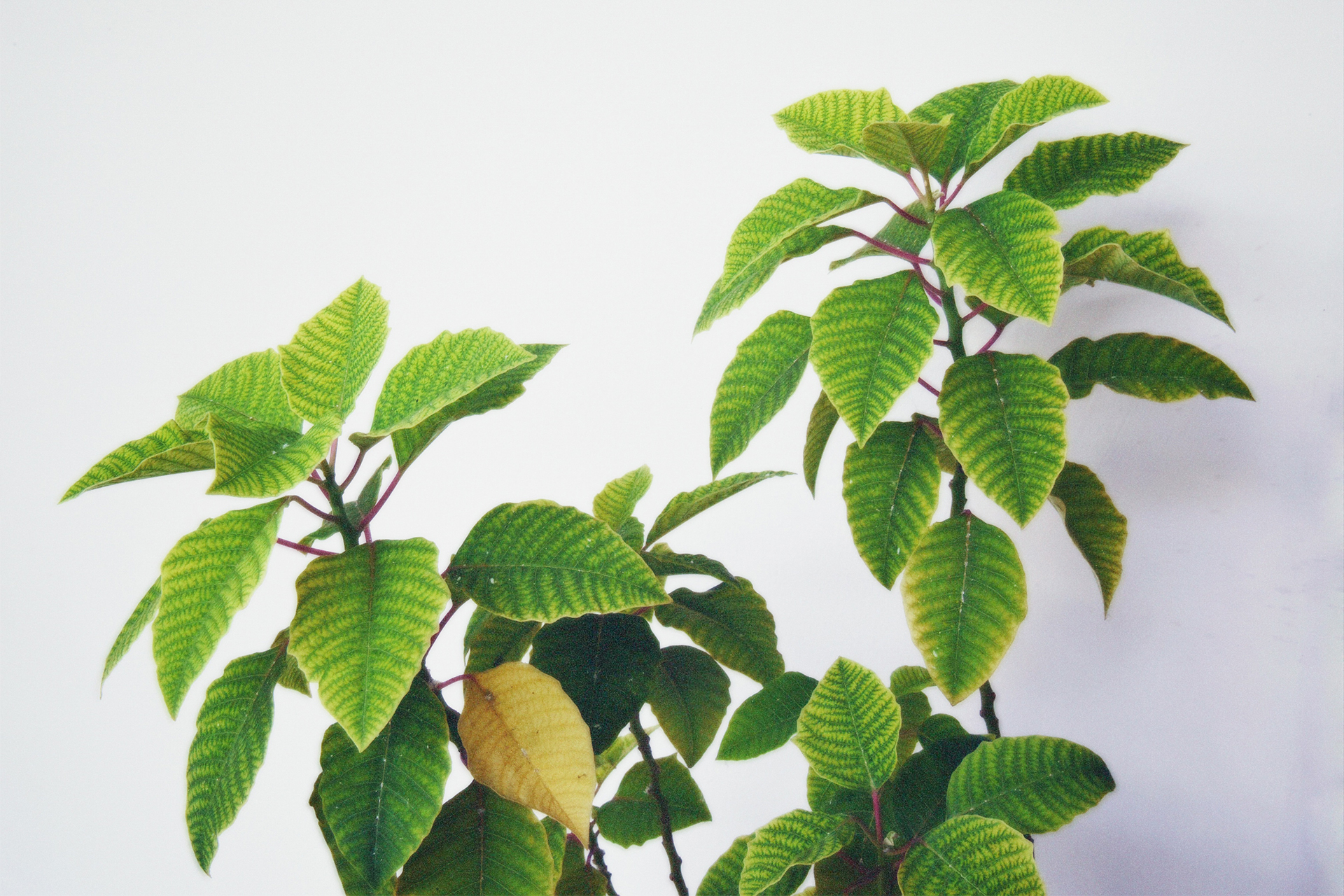As our skin ages, it undergoes various changes that require adjustments in our skincare routines. Mature skin often faces challenges like dryness, loss of elasticity, fine lines, wrinkles, and dullness. This detailed guide is tailored specifically for those who wish to maintain vibrant and youthful skin well into their mature years. With a focus on rejuvenation, hydration, and protection, we will explore the best practices, ingredients, and products that help manage the signs of aging effectively.
Understanding Mature Skin
Mature skin is characterized by a decrease in collagen and elastin production, slower cell turnover, and reduced natural oil production. This can lead to a range of issues, from increased dryness and fragility to more pronounced fine lines and wrinkles. Sun damage over the years can also contribute to hyperpigmentation and textural changes. Understanding these changes is crucial to selecting the right skincare strategies to address them.
Key Components of a Mature Skin Care Routine
1. Gentle Cleansing
The first step in any skincare routine is cleansing, but for mature skin, gentle is the keyword. Avoid harsh soaps that strip away natural oils, opting instead for creamy, hydrating cleansers that support the skin’s lipid barrier. Look for products containing hydrating ingredients like hyaluronic acid or glycerin.
2. Robust Moisturization
Hydration is paramount for mature skin. Rich creams containing ceramides, peptides, and antioxidants will help lock in moisture and fortify the skin’s natural barrier. Night creams with higher concentrations of anti-aging ingredients like retinol can also be beneficial for intensive overnight hydration and cell renewal.
3. Targeted Treatments
Serums and treatments are crucial for addressing specific concerns such as deep wrinkles, age spots, and uneven skin tone. Ingredients like vitamin C, retinol, and niacinamide can help improve skin texture and tone while promoting collagen production. These potent formulas should be applied before moisturizers for optimal absorption.
4. Sun Protection
Daily sun protection is vital, regardless of age. For mature skin, using a broad-spectrum sunscreen with at least SPF 30 will help prevent further sun damage. Products containing zinc oxide or titanium dioxide provide physical barriers against UVA and UVB rays without irritating the skin.
5. Gentle Exfoliation
Mature skin benefits from regular exfoliation to enhance cell turnover and improve texture. However, it is important to use gentle exfoliants. Chemical exfoliants like alpha hydroxy acids (AHAs) or beta hydroxy acids (BHAs) are effective yet less abrasive than physical exfoliants.
Enhancing Your Routine with Masks and Oils
1. Hydrating Masks
Incorporating hydrating face masks once or twice a week can provide a significant moisture boost. Look for masks rich in collagen-boosting ingredients like algae extract, which can help restore firmness and vitality to the skin.
2. Facial Oils
Facial oils can be a fantastic addition to a mature skincare routine, offering deep nourishment and protection against moisture loss. Oils rich in antioxidants and fatty acids, like argan, rosehip, or jojoba oil, can be applied before bed to rejuvenate the skin overnight.
Lifestyle Tips for Healthy Mature Skin
1. Balanced Diet
A diet rich in antioxidants, healthy fats, and vitamins can significantly impact skin health. Foods like berries, nuts, avocados, and leafy greens contribute to skin’s elasticity and overall health.
2. Adequate Hydration
Drinking plenty of water throughout the day helps maintain skin hydration and elasticity. Aim for at least eight glasses a day to help keep your skin hydrated from the inside out.
3. Regular Exercise
Regular physical activity increases blood flow to the skin, promoting collagen production and new cell growth, which can help keep the skin looking and feeling firier and more vibrant.
4. Stress Management
Chronic stress can accelerate aging signs on the skin. Practices such as meditation, yoga, and regular relaxation can help reduce stress levels and its effects on the skin.
Conclusion
Caring for mature skin doesn’t just stop at topical treatments; it encompasses a holistic approach that includes diet, hydration, exercise, and stress management. By understanding the unique needs of aging skin and adapting your skincare routine accordingly, you can help maintain its health and appearance. With the right products and practices, mature skin can remain radiant, hydrated, and youthful for years to come. Remember, the key to effective skincare at any age is consistency, so incorporate these practices into your daily routine for the best results.



